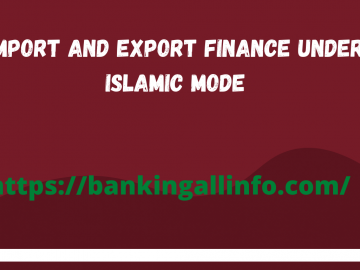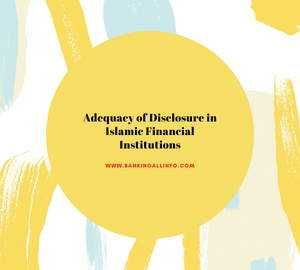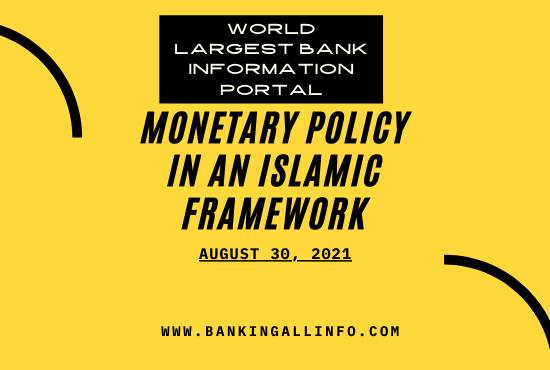Import and export finance under Islamic mode Foreign Exchange deals with Foreign Trade & Foreign Remittance. Foreign Trade as well as Import & Export. Foreign Remittance as well as Inward Remittance & Outward Remittance. Foreign currency instruments such as Foreign draft, Traveler’s Cheque, Bill of Exchange, MT, TT and P.O. […]
Read more






